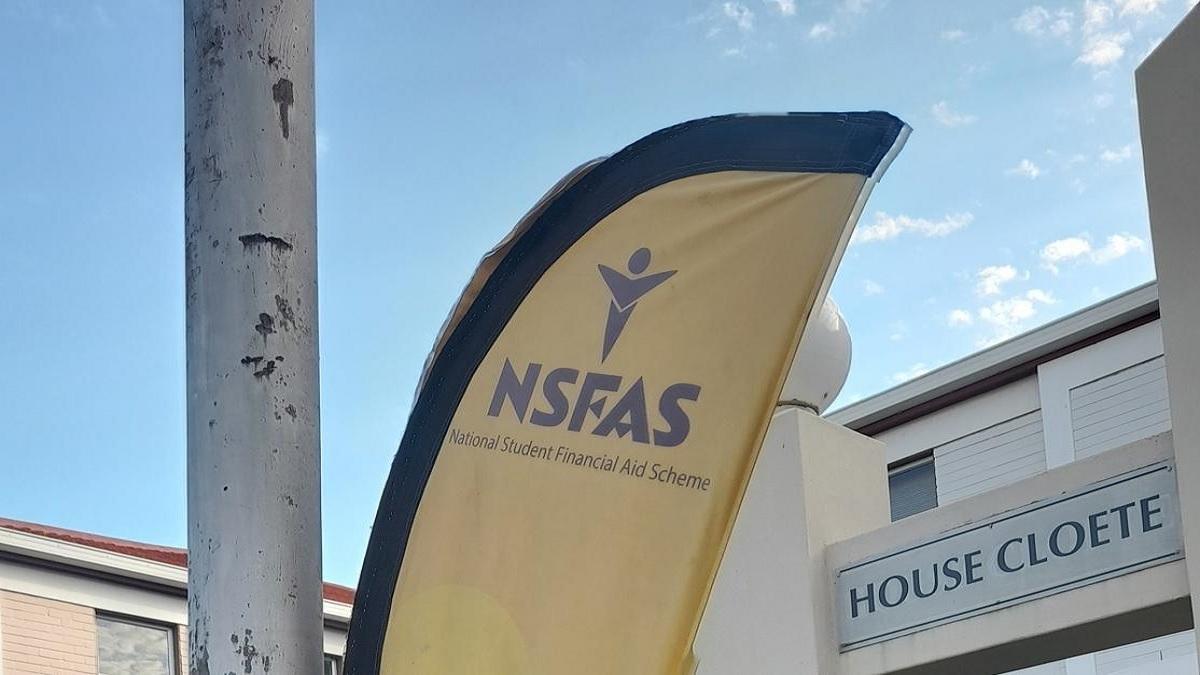For financial assistance in South Africa, two significant entities play pivotal roles in supporting students and vulnerable individuals: the National Student Financial Aid Scheme (NSFAS) and the South African Social Security Agency (SASSA). While NSFAS primarily focuses on providing financial aid to students pursuing higher education, SASSA extends its services to the broader population through social grants. This article explores the intersection of these two support systems, addressing the question: Can a student receiving NSFAS funding also qualify for SASSA social grants?
Understanding NSFAS:
The National Student Financial Aid Scheme is a cornerstone of South Africa’s commitment to ensuring that financial constraints do not hinder individuals from accessing higher education. NSFAS provides loans and bursaries to eligible students, covering tuition fees, accommodation, and living expenses. The goal is to alleviate the financial burden on students and promote equal opportunities for education.
Eligibility Criteria:
To qualify for NSFAS funding, students must meet certain criteria, including financial need, academic performance, and enrollment at an accredited tertiary institution. While the focus is on students pursuing post-secondary education, NSFAS ensures that its aid is directed towards those who face genuine financial challenges.
The Role of SASSA:
SASSA, on the other hand, is responsible for administering a range of social grants to vulnerable individuals and families across South Africa. These grants include Old Age Pensions, Child Support Grants, Disability Grants, and others. SASSA aims to provide financial relief to those who are unable to support themselves due to various circumstances. You may also perform an SASSA Status check to check the pay date.
Can a Student Receive NSFAS Funding Qualify for SASSA Social Grants?
The eligibility for SASSA social grants is not directly tied to a person’s status as a student or their receipt of NSFAS funding. Both NSFAS and SASSA have distinct eligibility criteria and serve different purposes.
NSFAS Focus:
NSFAS is specifically tailored to support students pursuing tertiary education. Therefore, eligibility is contingent on factors such as enrollment status, financial need, and academic performance.
SASSA Criteria:
SASSA, on the other hand, considers factors like age, disability, and financial need but does not explicitly exclude individuals receiving NSFAS funding from applying for social grants.
Collaboration or Overlapping Support:
While NSFAS and SASSA operate independently, there may be scenarios where a student receiving NSFAS funding could also qualify for certain SASSA grants. For instance, if a student meets the criteria for disability or has dependents, they may be eligible for specific SASSA grants irrespective of their student status.
It is essential for individuals to carefully review the eligibility criteria for both NSFAS and SASSA to determine their eligibility for financial support from each entity. Government initiatives may evolve, leading to potential collaborations or adjustments in eligibility criteria, making it crucial for individuals to stay informed about any changes.
Conclusion:
In conclusion, the intersection of NSFAS and SASSA in the context of student support is nuanced. While NSFAS caters to the financial needs of students pursuing higher education, SASSA extends its services to a broader demographic. While there might be instances where a student qualifies for both NSFAS funding and certain SASSA grants, each entity has its distinct criteria and purpose. Individuals seeking financial assistance should carefully assess their eligibility for both NSFAS and SASSA programs to make informed decisions about the support avenues available to them.

